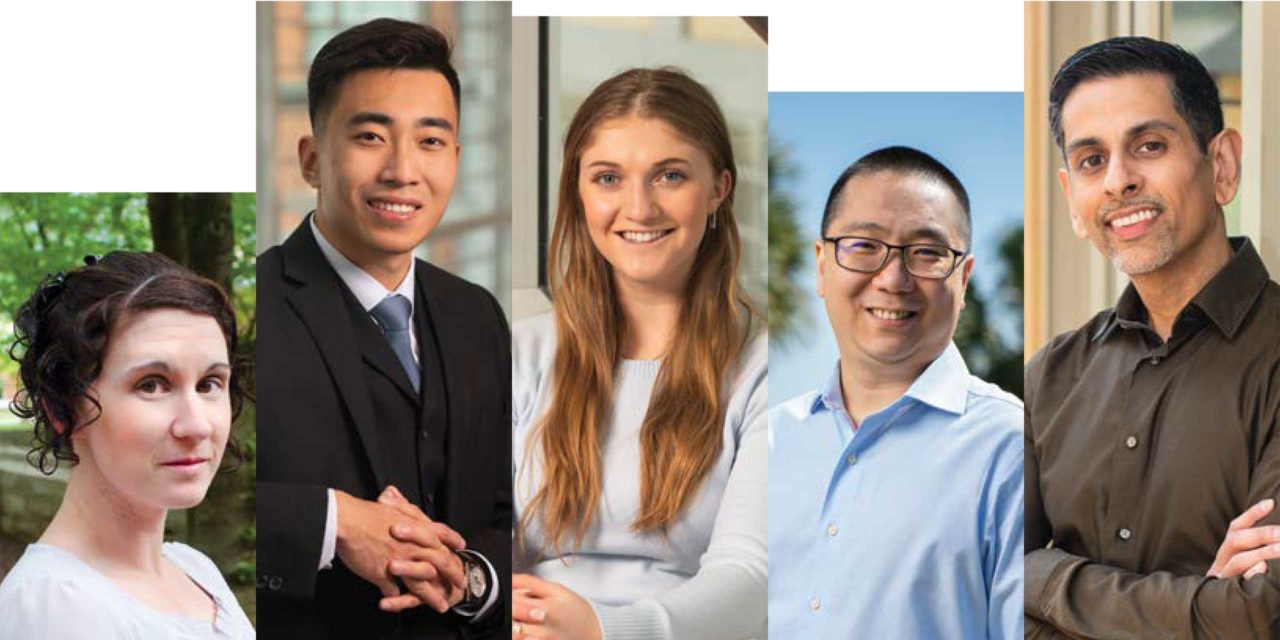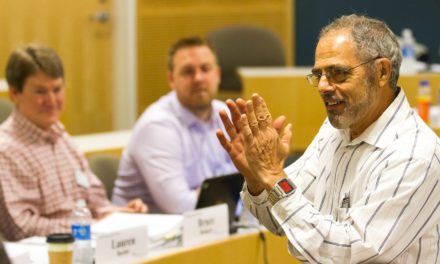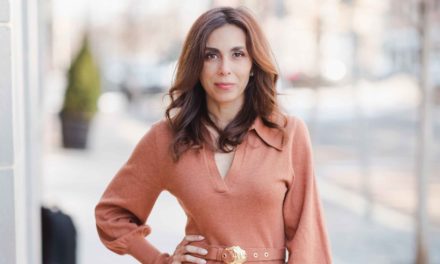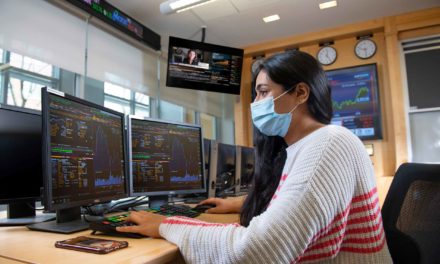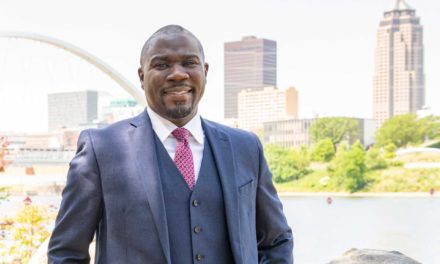By Andy Smith
Some might suggest that Brian Cameron earned his three academic degrees the old-fashioned way: one at a time.
“That was the way you did things then. These were tightly prescribed programs from start to finish, and everyone had to follow the same rigid path,” says Cameron, associate dean for professional graduate programs at the Penn State Smeal College of Business. “If I were a student today, I would probably do things differently thanks to the ability to ‘stack’ degrees and graduate certificates.”
Credential stacking — the ability to earn multiple degrees or credentials more quickly and cost-effectively than if they were earned separately — has become a popular trend in professional graduate education, and Smeal has responded in a significant way.
According to Cameron, the increased popularity of credential stacking is being driven by a greater focus on lifetime learning and two specific factors: students’ desire for customized educational options that will distinguish them from their peers, and companies seeking employees with diverse skills and varied specializations. In a recent survey commissioned by Penn State Smeal, 89 percent of corporate recruiters identified lifelong learning as an appealing characteristic for a business school.
“The master’s degree is quickly becoming what a bachelor’s degree was 30 or 40 years ago,” Cameron says. “We’re entering a world where many people are earning master’s degrees at a young age, often right after their undergraduate degrees. But then what? So many people are getting a second or even a third master’s degree to help set themselves apart.”
Cameron compares credential stacking to having a basket of LEGO bricks in your portfolio.
“There are almost endless ways to put them together,” he says. “Students want that ability to customize at least part of their educational journey — one size doesn’t fit all anymore. Our job is not to stand in their way but rather to give them that ability.”
To meet this demand requires a robust portfolio of stackable degrees and certificates. That’s where Smeal has established itself as a leader in a short period of time.
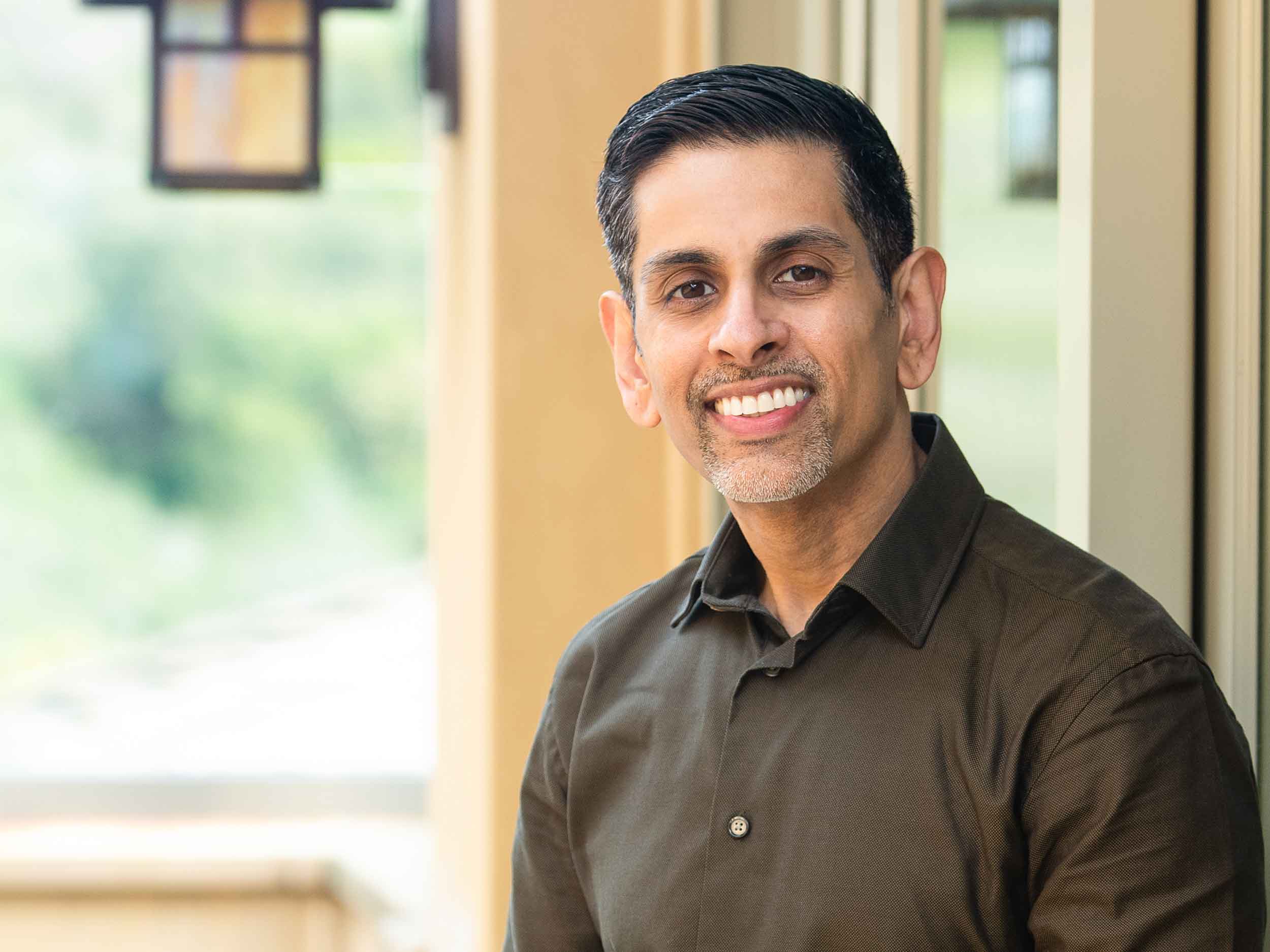
There are credential stackers and then there is Shaman Ajmani, one of Penn State Smeal’s super stackers. In just the past two years, Ajmani has begun work on a master’s degree in Corporate Innovation & Entrepreneurship, an online MBA, and graduate certificates in Supply Chain Management, Business Analytics, and Corporate Innovation & Entrepreneurship.
“I was stacking as an undergrad, before stacking was a thing,” says the 43-year-old Ajmani, who lives outside San Francisco with his wife and three children. “After working in the corporate world and starting several businesses, I realized that my experience alone wouldn’t allow me to acquire the skills necessary to operate at a much higher level. I needed to complement my experience with more education.”
That’s when Ajmani discovered Smeal. He says the college is like a “stacker’s dream.”
“What really hooked me on Smeal was the concentrations I could choose from,” he says. “I knew I wanted an MBA, but I was also interested in other areas. Smeal gave me so many options, and that was a great problem to have.”
Ajmani credits Student Services Manager Annie Kaverman with creating a plan that is enabling him to earn his MBA while also pursuing a second master’s degree and the concentrations that most excite him.
“It’s important to do what you’re passionate about,” Ajmani says. “These degrees and certificates not only excite me, but they’re also aligned with where I’m expecting the most potential to differentiate myself and my business. Learning multiple disciplines will allow me to communicate with a wide range of people who are specialists in their fields.”
Ajmani also says he appreciates Smeal’s flexibility.
“I have a natural yearning to learn, but I also run a business, am involved in a start-up, and have a family,” he says. “Smeal’s flexibility and the pace at which I’m able to learn allow me to devote time to each.”
A Quick Ramp-Up
Turn the calendar back just seven years and Smeal looked like many other business schools in America — siloed and a bit stagnant.
“When I was named to this position in 2014, Smeal hadn’t launched a new master’s program in more than 10 years,” Cameron says. “In fact, we offered the fewest professional master’s programs and graduate certificates of any Big Ten business school at that time. We also had a culture that was very traditional and unaccustomed to dramatic change.”
Smeal Dean Charles H. Whiteman recognized the problem, too.
“We only had five program offerings at the professional graduate education level when I came to Smeal,” says Whiteman. “We knew that as we were building out our portfolio for the various types of students we serve, we would need to have multiple paths of enrollment to support many, many concentrations for our students.”
Cameron and his colleagues got right to work. Their objective: create a robust, integrated, and stackable collection of resident master’s programs, online master’s programs, and online graduate certificates.
“It sounds counterintuitive, but the fact that we hadn’t launched any new programs for a long time turned out to be a good thing,” Cameron explains. “Other universities had spent years building siloed programs that didn’t integrate with each other or make credential stacking possible. At Smeal, we pretty much had a green field, so we were able to design truly integrated programs from the ground up.”
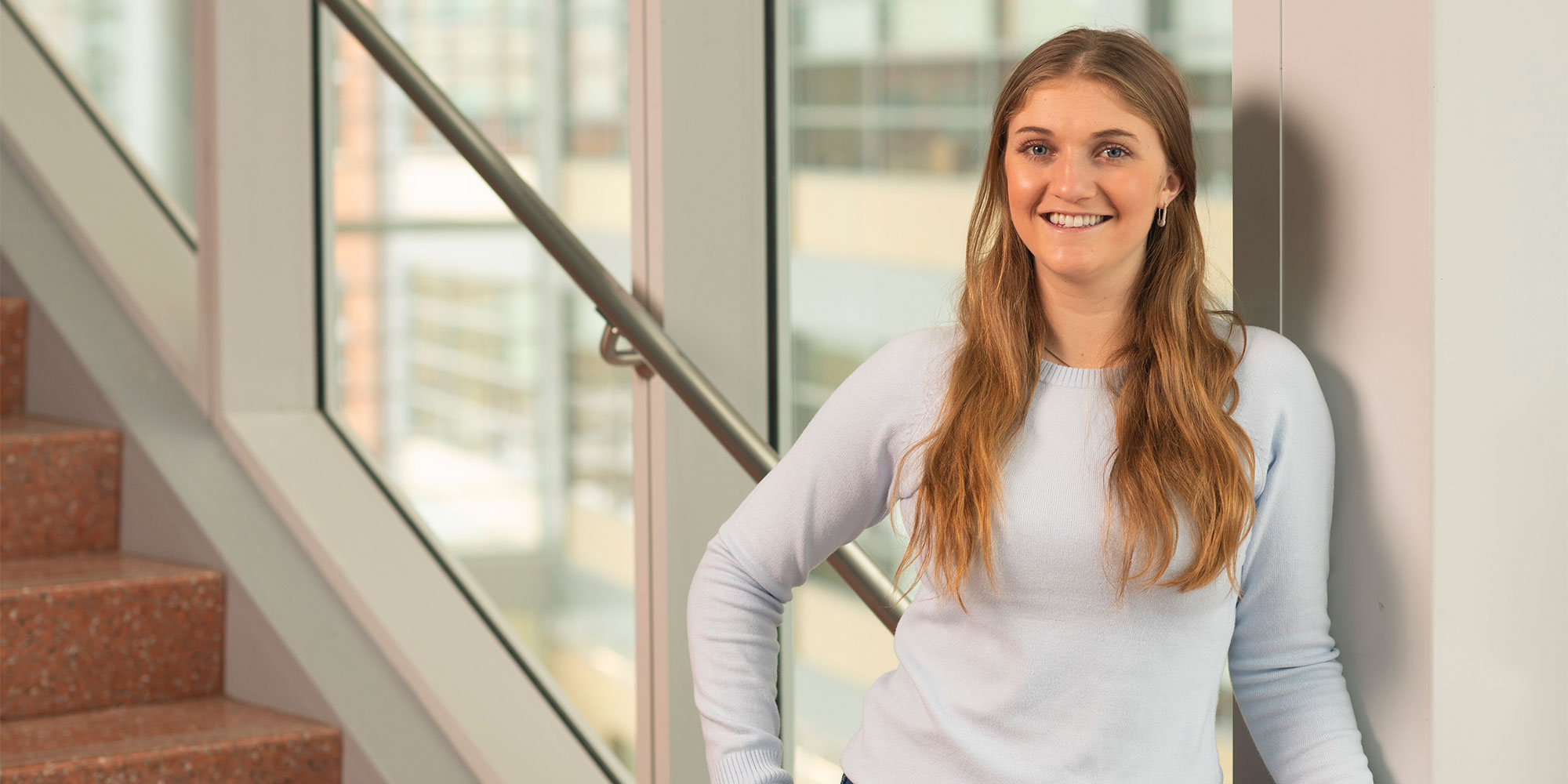
Sofie Lutfy grew up in the northeast corner of Pennsylvania and came to Penn State intending to major in actuarial science. She changed her mind when she was introduced to the university’s combined BS/MBA program.
“That was right up my alley,” says Lutfy, who was also accepted into Penn State’s Schreyer Honors College. “I love math and I wanted a business background, so I thought that having an MBA coming right out of school would be really beneficial.”
Lutfy finished her undergraduate science degree with a concentration in statistics in two and a half years. She is on track to finish her MBA in May 2021, along with a graduate certificate in Management Consulting.
“I was able to stack classes and degrees in a few ways,” she says. “When I started in the MBA program, I was still finishing my undergrad honors classes. I needed 12 more honors credits, and the MBA credits applied to that. Also, some of my MBA credits applied to the Management Consulting certificate.”
As she nears the end of her college career, Lutfy is looking ahead to starting a job she has already landed at Honeywell, where she did a virtual supply chain internship last summer.
“Stacking my degrees has opened so many doors for me,” she says. “I had a lot of opportunities to interview with companies thanks to the degrees I’ve earned and the work experience I’ve had. I felt like I had my pick of jobs.”
Lutfy credits Smeal for helping her launch what looks to be a promising career.
“The MBA program is very discussion- and presentationfocused, and I found it to be a great learning experience,” she says. “I made a personal connection with so many of my Smeal professors. They were all professional, intelligent, and dynamic. They worked to get everyone engaged, even when we had to go virtual. Smeal really cares about its students.”
Smeal’s Stackable Pathways
Smeal students typically follow one of two educational pathways in the integrated graduate program portfolio:
STACKING COURSES: Across most online and resident graduate programs, students may select courses and concentrations from more than 20 online certificate programs focused on topics such as sustainability strategy, corporate innovation and entrepreneurship, management consulting, and business analytics. Within the online MBA (and many other master’s programs), these offerings are integrated as electives that enable the flexibility to pursue unique interests. The Penn State online MBA currently has the most concentrations in the world.
EARNING DUAL DEGREES: Smeal online and resident professional graduate students can also pursue multiple master’s degrees in a reduced time frame. This is possible because of the sharing of courses and/or concentrations that serve as the common “bridge” that enables the stacking of the degrees.
“Bottom line, we want to be able to offer our students more options, more concentrations, and more customization,” says Michael Waldhier, a 2009 Smeal MBA graduate and managing director of resident professional graduate programs. “If you want to go into business analytics, you can. If you want to go into real estate, you can. Finance? You can. All these things allow our students to really focus their curriculum on the career they want in the future.”
Stacey Dorang-Peeler, managing director of the online MBA (OMBA) program, agrees.
“For the student who is working full-time, the ability to maximize ROI and graduate with not only the OMBA, but a graduate certificate, and maybe even a second full degree in roughly the same amount of time as the traditional MBA, stacking credentials is very appealing. When you are juggling a demanding job, family, and multiple other commitments, credentialing in a way that saves time and money just makes sense.”
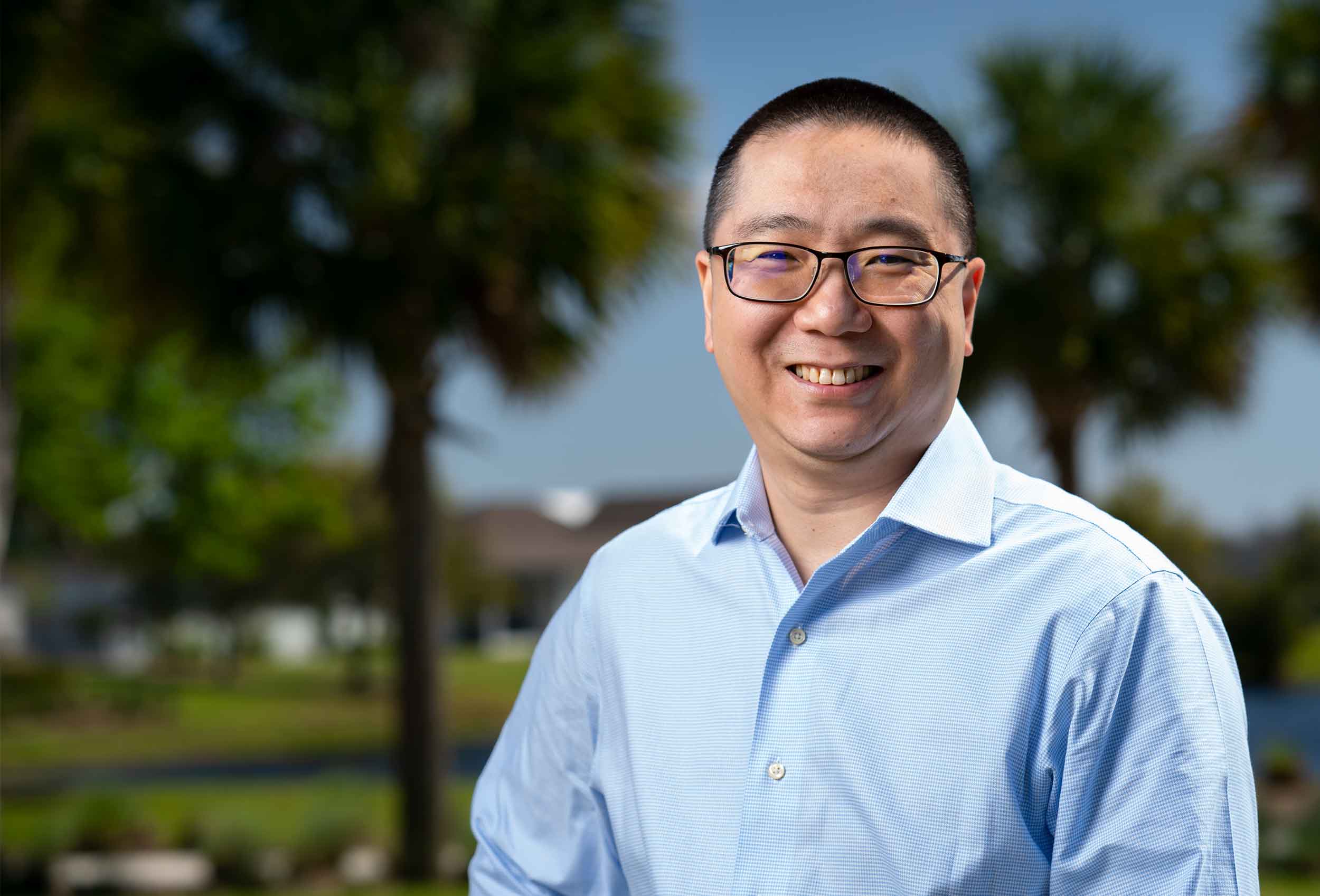
Samuel Liang jokingly calls himself the “Chinese Forrest Gump.” That’s because the Orlando resident’s varied background includes time as a sushi chef, a stint working at Disney, service in the U.S. Army, and a love of running.
“I came to the U.S. in 2005 after earning a bachelor’s degree in tourism management and an MBA in China,” says the 40-yearold Liang. “I was one of three students chosen out of 3,000 to spend a year in a cultural exchange program at Disney World.”
Liang fell in love with America and decided it’s where he wanted to be. Thus, he began an educational journey in which he earned a bachelor’s degree in accounting in Florida.
“The economy wasn’t very good when I graduated, so I joined the U.S. Army to give back to this country,” says Liang. “But I was medically discharged after a training accident. That’s when I decided to pursue an online master’s degree in accounting at the Capital College at Penn State Harrisburg. I finished that in 2019 and am now enrolled in Penn State’s online MBA program,” which is led by Smeal and offered through the Penn State World Campus.
Liang says he chose Penn State because it’s well respected in China and offers a vast network of alumni.
“I applied to the MBA program while I was still in the master’s program,” he says. “Smeal counted three overlapping accounting classes toward my MBA degree.”
Prior to starting Smeal’s online MBA program, Liang says he couldn’t picture himself as a controller or a CFO.
“But now I’m proud to say that I can see myself in both positions,” he says.
Liang currently works as an accounting supervisor at a medical management company and is looking forward to graduating with his MBA in August 2021. After that, he wants to climb the management ladder and possibly earn another degree — from Smeal, of course.
“My kids love to wear their Penn State hats and shirts!”
A Partner for Lifelong Learners
According to Dean Whiteman, “lifelong engagement is at the core of what we do at Smeal. We want to prepare students, first of all, to be lifelong learners, and then we want to be there as a partner throughout their career journey.”
Behind this push is the realization that technical expertise may no longer be enough to succeed in the workplace. “Intellectual dexterity” is increasingly important.
“Take the field of accounting,” Cameron says. “Companies increasingly want someone with an accounting undergraduate degree along with a master’s degree in something like business analytics, so they understand how to analyze data. Narrow expertise in one discipline is becoming less desirable in today’s world.”
It’s one of the reasons graduate certificates are becoming an increasingly popular stacking option at Smeal. These credentials — some call them “microcredentials” — give full-time students and working professionals alike the ability to drill down in specific areas such as supply chain management, business analytics, or corporate innovation and entrepreneurship. Most certificates can be earned with nine to 12 credits and, often, these credits can apply toward multiple master’s degrees.
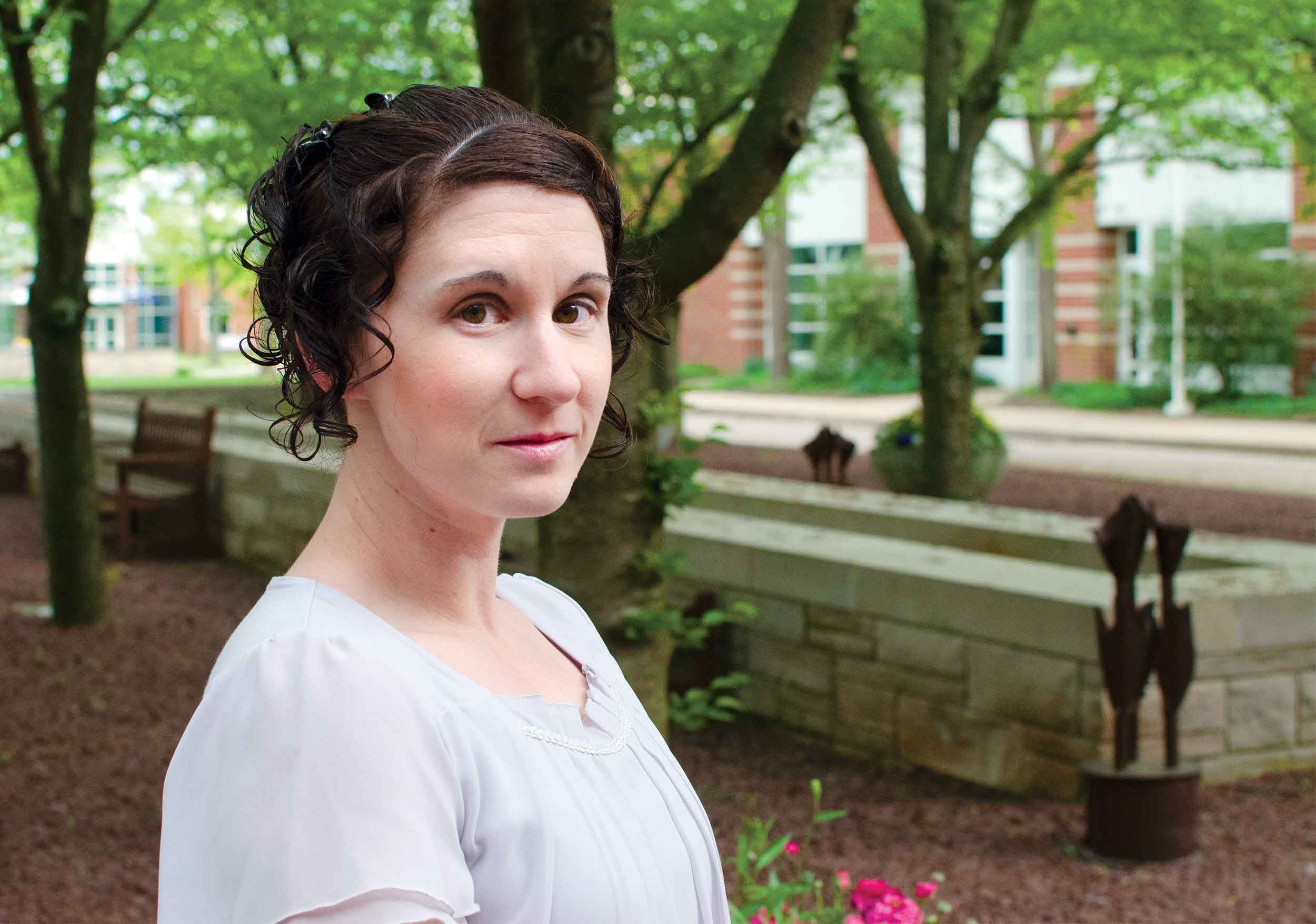
Raised in Maine, college educated in Arizona, and currently serving in Kuwait as a U.S. Army intelligence officer, Lee-Ann Craig has a natural flexibility that makes degree stacking ideal for her.
“I’m currently stacking an online MBA degree with a master’s degree in marketing analytics,” says the 37-year-old Craig. “Since a lot of the core courses overlap, I’m able to pursue both degrees concurrently. I’m on track to finish the marketing degree in the summer of 2022 and the MBA later that year.”
With her busy schedule and her location halfway around the world, Craig appreciates that Smeal’s online classes run for 16 weeks instead of on a condensed timeline like other schools. This extends the time it will take her to finish the degrees but makes the work more manageable and the information more absorbable.
According to Craig, the skills she is learning at Smeal are applicable to her job as an Army officer, but she also has her eyes on the future. When Craig retires from the military sometime in her 40s, she plans to pursue a career in marketing.
“The Army isn’t forever, and I’ve got to prepare myself for a second career,” she says. “Having two advanced degrees from Smeal will help me do that.”
After 13 years in the Army, Craig welcomes the different perspective she gets from her Smeal classes.
“In the military, I get leadership experience and I take classes, but it’s all through the military lens,” she says. “As a Smeal student, I’ve noticed that my aperture is open so much wider. The MBA coursework widens my perspective to people who don’t live and operate in the military bubble — it’s really refreshing to be in that environment. Turns out there is a whole other world out there!”
Stacking the Future
Credential stacking, expanded portfolios, lifelong learning — they’re all trends that are here to stay, according to Cameron.
“Students aren’t going to want less choice or less flexibility in the future,” he says.
Early indications suggest that up to one-third of Smeal’s professional graduate students will be stacking degrees and graduate certificates within a few years.
“We’re just getting started.”
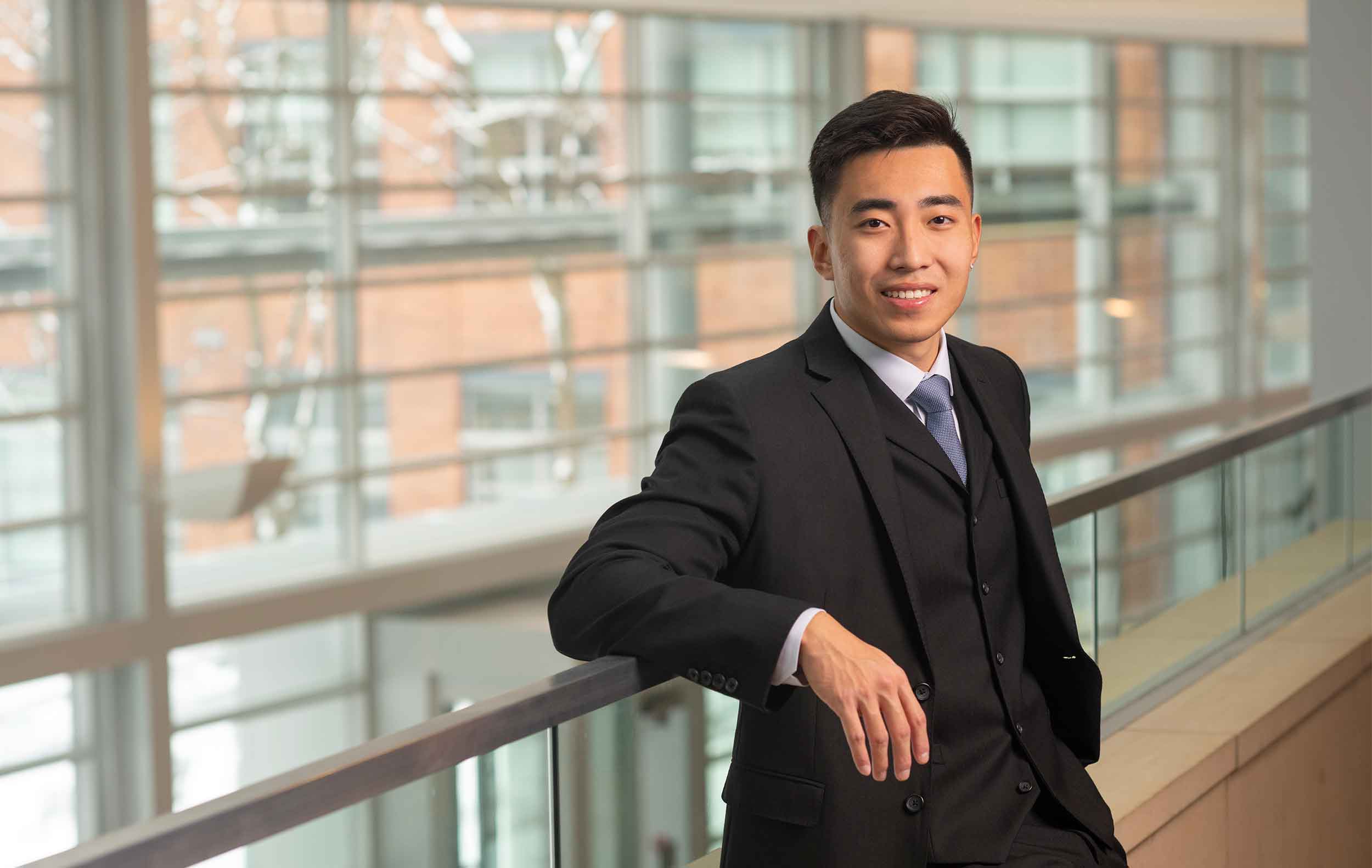
For Liam Zhou, the people he has met while working on his multiple Smeal degrees are as important as the degrees themselves.
“I love the people — the people I study with, the people I work with, the people I hang out with and sit with every day,” he says. “We support each other and take care of each other.”
Zhou came to the U.S. from China on a one-way plane ticket at the age of 15 to attend summer camp at Valley Forge Military Academy outside of Philadelphia. He didn’t speak English, but he fell in love with the country and culture. He spent the next four years at the academy and then enrolled at Penn State.
After earning his undergraduate degree in Information Science and Technology, Zhou decided to stay in State College for a master’s degree in Management and Organizational Leadership (MOL), which he earned in 2020. He’s now working on a master’s in Business Analytics.
“I think the course stacking and course design in those programs has definitely helped me pursue my passion,” Zhou says. “I was able to do two programs in two years, and I will also be able to achieve another certificate in consulting.”
Zhou credits a Smeal admissions counselor for turning him on to the MOL program. He viewed it as the perfect way to accelerate himself into the business world — “exactly what I was looking for,” he says.
“The two master’s programs are short and efficient, so I’ve been able to learn and grow in just one year. The programs were a great opportunity for me to gain the skills I need to work in the business field.”
Zhou was honored to be the student speaker at his MOL graduation.
“It was my most memorable experience,” he says. “We had to hold graduation remotely, but it still gave me time to reflect on the great memories I’ve made with my friends and professors.”
